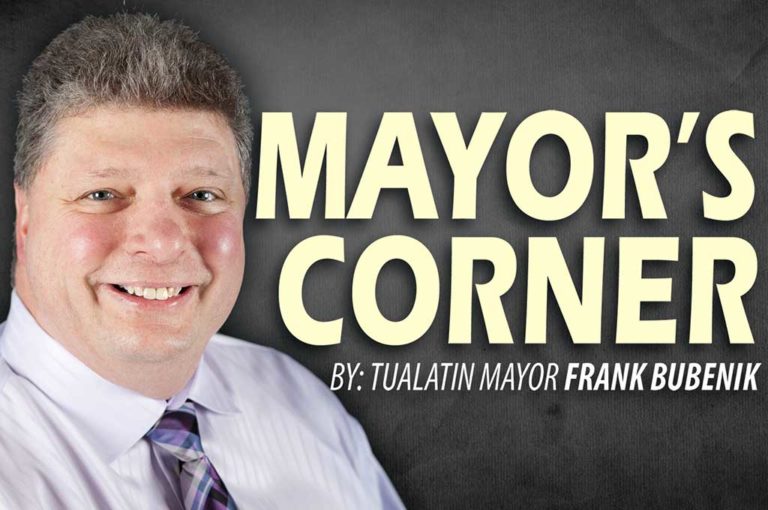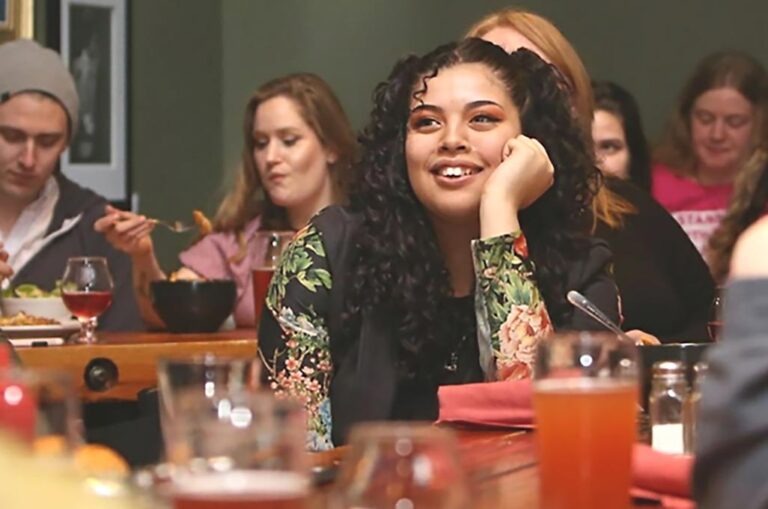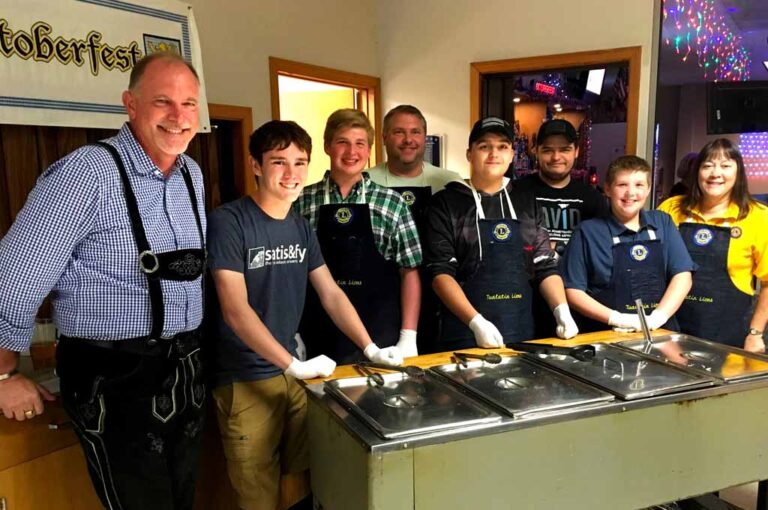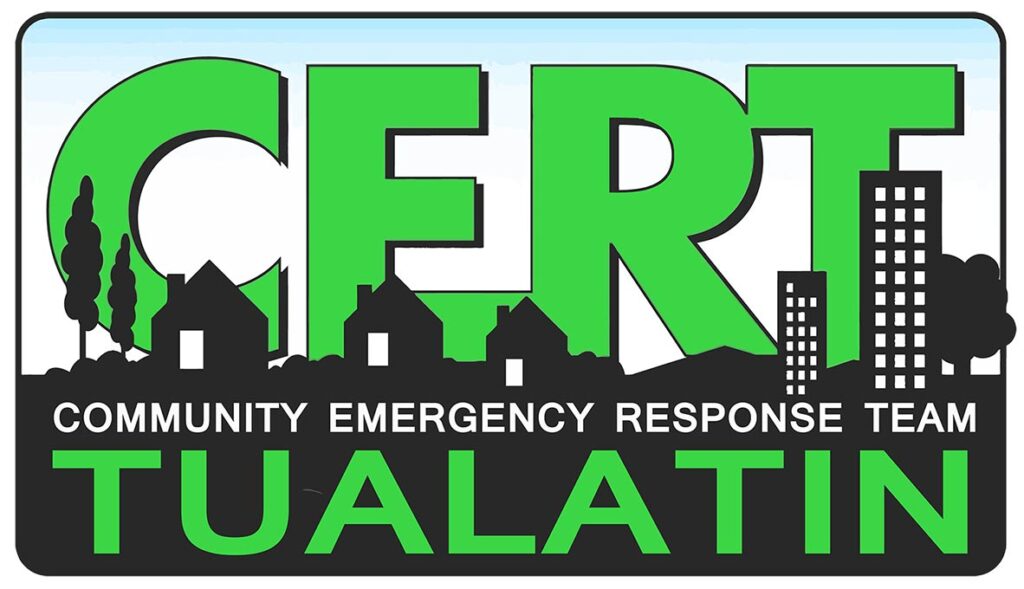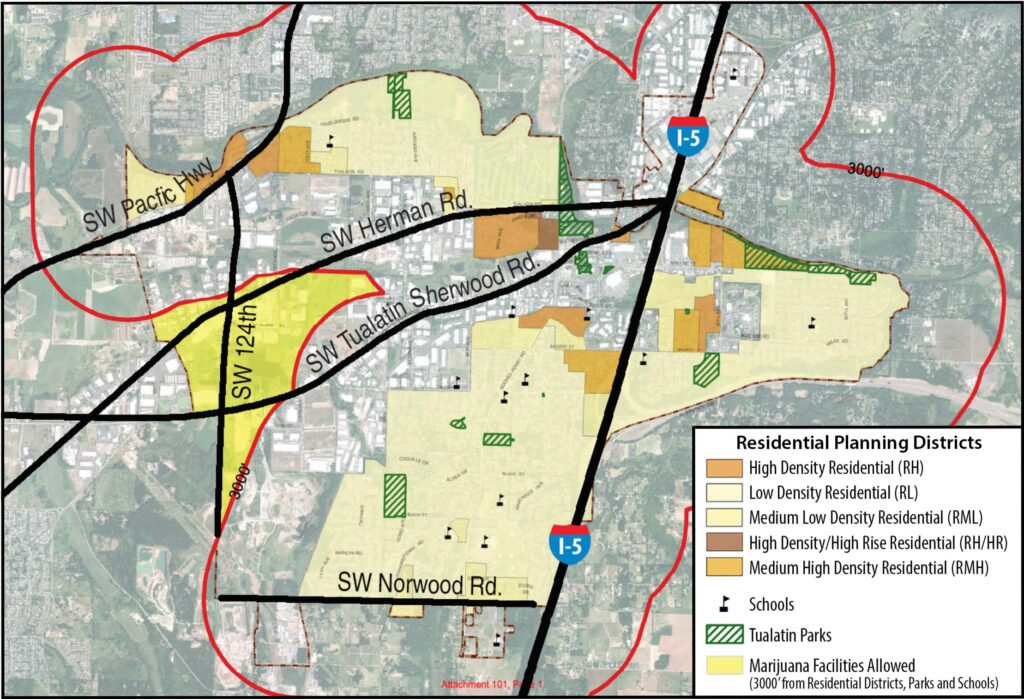The Oregon Department of Transportation (ODOT) is looking at tolling options on I-205 to decrease congestion between Stafford Road and OR-213. The I-205 Toll Project would toll all lanes of I-205 at – or near – the Abernethy Bridge. ODOT says tolls could help pay for improvements along I-205 and the seismic work needed on the Abernethy Bridge.
Before March 2020, about 100,000 vehicles traveled the section of I-205 between Stafford Road and OR 213 on a typical day, causing over 6.5 hours of daily traffic congestion. As the risks of COVID-19 are reduced, traffic congestion is expected to return.
Currently ODOT is conducting the federally-required environmental review (otherwise known as NEPA) process for the I-205 Toll Project to examine different alternatives to address identified problems, needs and goals. ODOT has reviewed their project plans with city council and the council was not very receptive of their ideas, nor was the Clackamas County Coordinating Committee (C4). ODOT has five alternatives for tolling I-205: 1) toll on the Abernethy Bridge, 2) toll the Abernethy Bridge, with tolling gantries off bridge, 3) individually toll multiple bridges to be rebuilt, 4) segment-based tolls – Stafford Road to OR 213, and 5) single zone toll – Stafford Road to OR 213. ODOT is recommending alternatives 3 and 4. An additional option requested by C4 is a no-build alternative that envisions a full 6-lane improvement to I-205 without tolling. It is felt that this alternative provides the best baseline to determine the impacts of the tolling alternatives.


The three major concerns expressed by both council and C4 are:
- The financial necessity and the benefits of tolling this section of I-205 have not been clearly articulated.
- The need for Oregon Transportation Council (OTC) to clarify its policy for funding of major highway improvements so that residents can be assured that tolling will be applied equitably to major highway improvements in the region.
- The lack of clarity around the intentions and policies regarding toll revenue allocation. Would toll revenue generated on I-205 remain in that corridor?
The public comment period continues through Sept. 16, 2020. During that time ODOT is hosting activities where you can ask questions, offer feedback, and learn about the project, including alternatives being studied, how modern tolling systems work, how different options could pay for roadway improvements and manage congestion, and the program’s approach to equity. I ask that you take some time and look into ODOT’s proposal as it may impact our community with possible diversion of traffic off of I-205 and on to side roads to avoid tolls. Another council concern is equity in terms of how tolling impacts those residents that are low income or residents that need to commute longer distances for work. Be assured that your council and city staff will remain highly involved in this process and relay our concerns to ODOT.
Visit ODOT’s online open house:
English and Spanish: www.oregontolling.org
Visit ODOT’s online engagement site:
English: oregonevents.org/openhouse/i205toll
Spanish: oregonevents.org/openhouse/i205toll-esp
Take (and share) the online survey:
English: surveygizmo.com/s3/5678377/ODOT-I-205-Outreach-OOH-Summer-2020
Spanish: www.surveygizmo.com/s3/5678377/ODOT-I-205-Outreach-OOH-Summer-2020-esp
You can submit comments to ODOT via:
Email: oregontolling@odot.state.or.us
Voicemail: (503)837-3536
Frank Bubenik
fbubenik@tualatin.gov
(971)420-7443
